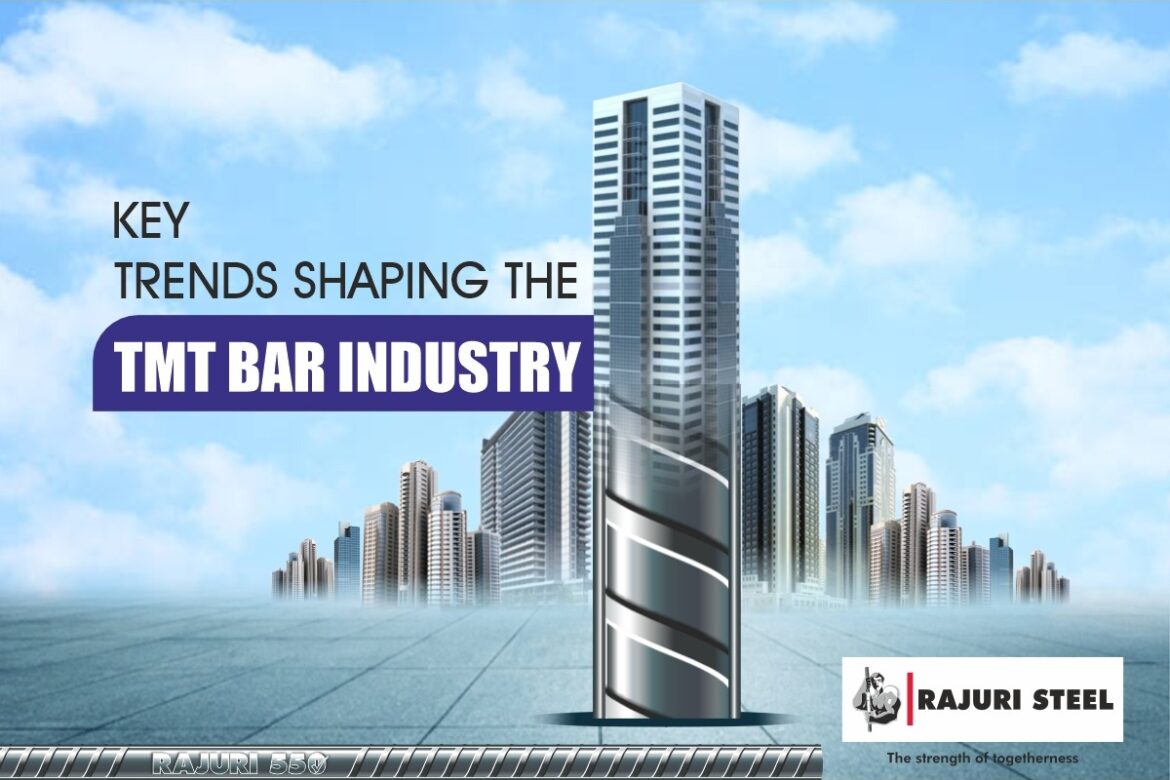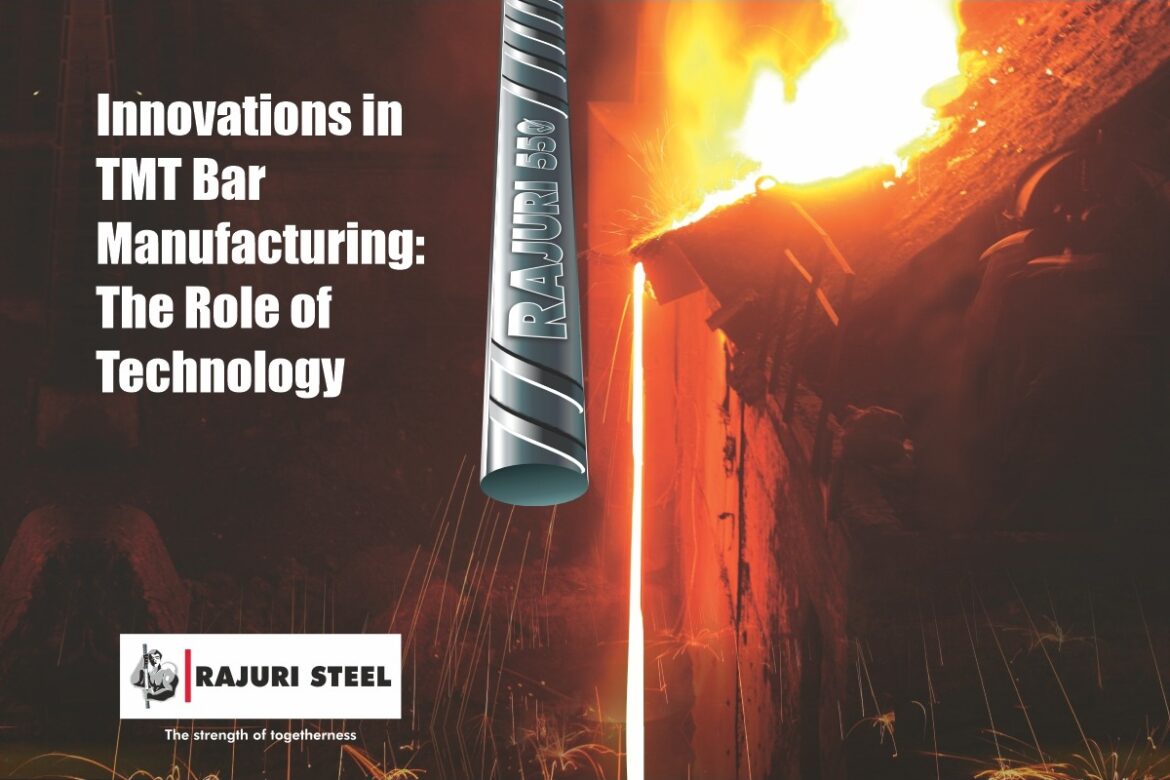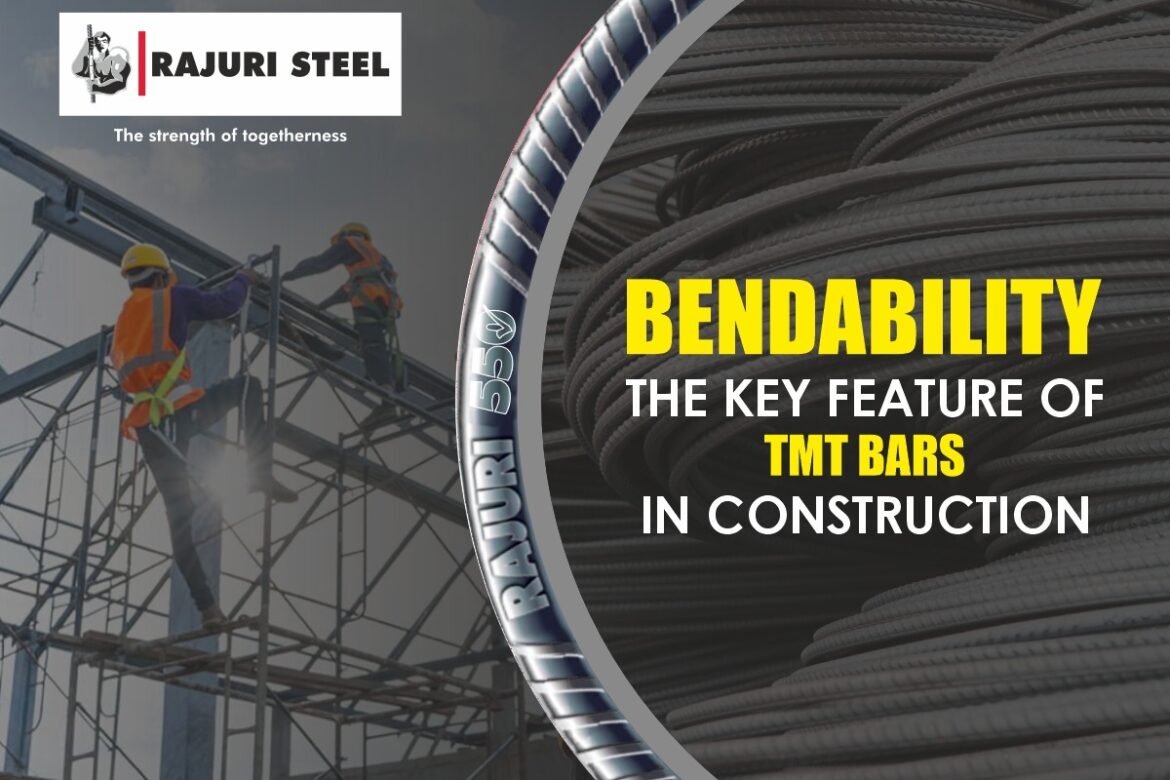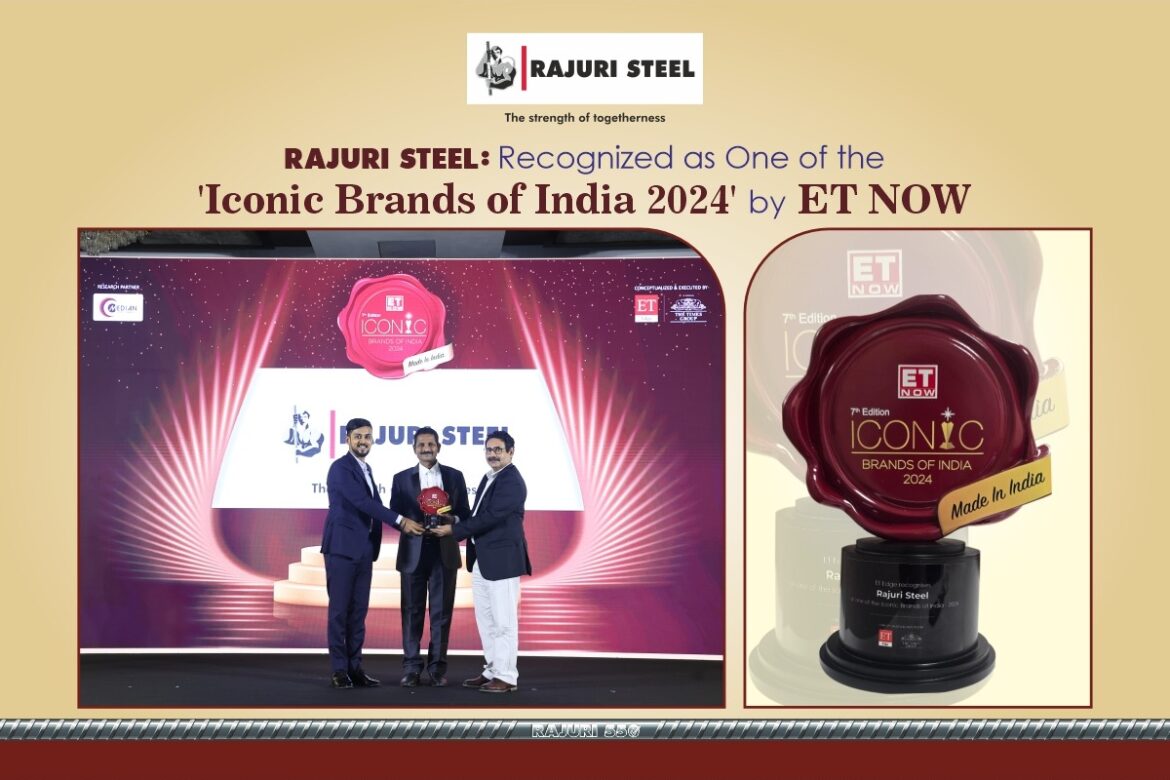The steel industry is experiencing significant changes driven by various trends and innovations. These transformations not only influence production techniques but also impact sustainability, market demand, and technological advancements. Here are the key trends shaping the TMT bar industry today, with a focus on how companies like Rajuri Steel are adapting to these shifts.
Sustainability and Green Construction
As environmental concerns gain prominence, the TMT bar industry is increasingly focusing on sustainable practices. The demand for eco-friendly materials is increasing, encouraging manufacturers to adopt greener production techniques. Innovations like recycling scrap steel and utilizing renewable energy sources in manufacturing processes are becoming commonplace.
Technological Advancements
The integration of state-of-the-art technologies is revolutionizing the TMT bar production process. Automation and Industry 4.0 technologies are enhancing operational efficiency, reducing waste, and improving product quality. At Rajuri Steel, we leverage real-time monitoring and analytics to optimize our operations, leading to cost savings and increased productivity. Additionally, innovations in metallurgical processes have allowed us to produce higher-grade TMT bars that offer adequate strength and ductility.
Increased Demand in Emerging Markets
Rapid urbanization and infrastructure development in emerging economies are driving demand for TMT bars. These regions are investing heavily in infrastructure projects, including roads, bridges, and housing. This trend demonstrates a significant growth opportunity to cater for the burgeoning construction sector with high-quality TMT bars.
Quality Standards and Certifications
With the increasing complexity of construction projects, the emphasis on quality standards in the TMT bar industry is high. Adhering to international standards and obtaining certificates is important for manufacturers to ensure the trustworthiness and safety of their products. At Rajuri Steel, we are committed to meeting and exceeding these standards, which helps us to build consumer trust and enhances our reputation in a competitive world.
Innovative Product Offerings
Manufacturers are continuously innovating to create products that meet the specific needs of diverse construction applications. At Rajuri Steel, we are proud to offer a range of high-strength TMT bars designed with various attributes including fire resistance, seismic resistance, corrosion resistance, strength, ductility, bendability, etc. Such innovations not only improve the performance of construction projects but also expand the market for TMT bars.
Digital Transformation
The digitalization of the TMT bar industry is enabling better customer engagement and operational efficiency. Companies are adopting digital platforms for inventory management, order processing, and customer relationship management. Furthermore, e-commerce is becoming a viable channel for selling TMT bars, allowing it to reach a broader audience and streamline sales processes.
Focus on Safety and Compliance
Safety in construction is paramount, and the TMT bar industry is placing increased emphasis on compliance with safety regulations. Manufacturers are investing in research to ensure products meet safety standards, reducing the risk of structural failures. This focus on safety not only protects end-users but also minimizes liabilities for manufacturers and construction companies.
The TMT bar industry is experiencing a substantial transformation driven by key trends such as sustainability, technological innovation, and shifting market dynamics. Companies like Rajuri Steel are at the forefront of these changes, embracing eco-friendly production processes, advanced automation, and digitalization to enhance efficiency and product quality. As demand for high-quality, durable materials increases, especially in emerging markets, the focus on stringent quality standards and innovative product offerings becomes paramount. By adapting to these trends, Rajuri Steel not only strengthens its competitive position but also contributes to the development of safer and more sustainable infrastructure, paving the way for a resilient future.




